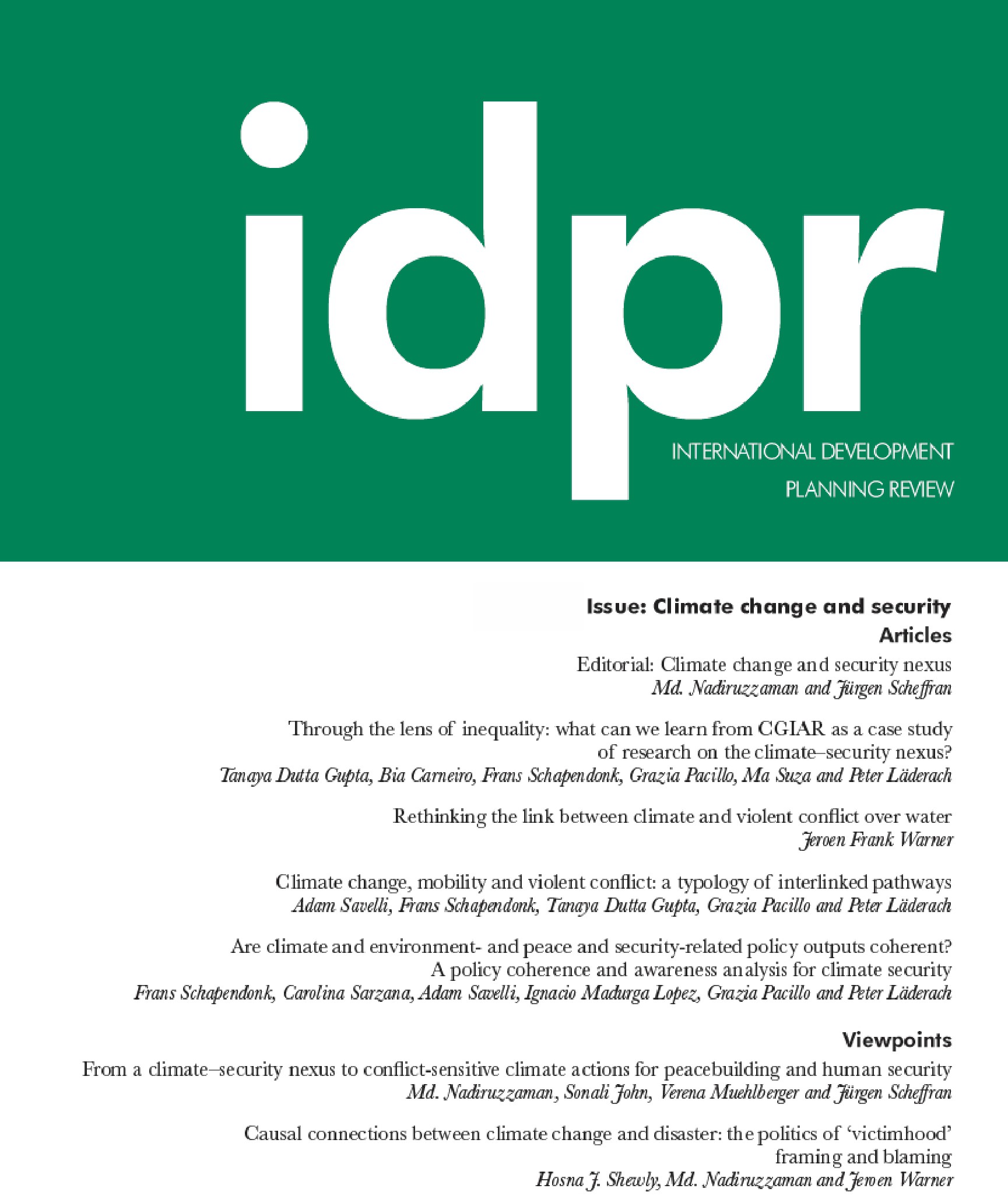INTEGRATING LOCAL KNOWLEDGE IN ADAPTATION TO DIFFERENT TYPES OF DISASTERS: A CASE STUDY OF THE SUNDARBANS
Abstract
The Sundarbans is a cluster of low-lying islands. It is spread about 10,000 sq km across India and Bangladesh, of which 40% lies in India. Sundarbans name has been taken from the Heritiera tree, the one of the most abundantly growing mangrove trees and are called ‘Sundari’. As per 2011 census 4.37 million people living this area. The Sundarbans are direct threat of several environmental problems like: Global Warming, Changing Landscapes, Biodiversity Lost, Wildlife at Risk Rising Sea Level Increased Risk of Drought, Fire and Floods, Stronger Storms and Increased Storm, Damage More Heat-Related Illness and Disease, Economic Losses etc. The study aims to assess the coastal community’s resilience comprehensively by adopting a multiple community-based approach in the eco-fragile delta for disaster risk management of Indian Sundarbans. The Local knowledge has different sets of ingredients to foster the development of the relational or holistic approach as it involves, interacts and interconnects humans, non-human (animals and plants) and nature together, setting a perfect balance for sustainable development. The study also makes some recommendations and offers an action plan for fostering disaster resilient communities where conservation and enhancement of ecosystem services remains central.
Key words: Climate change, Adaptation, Community-based approach, Disaster, Disaster risk management.






